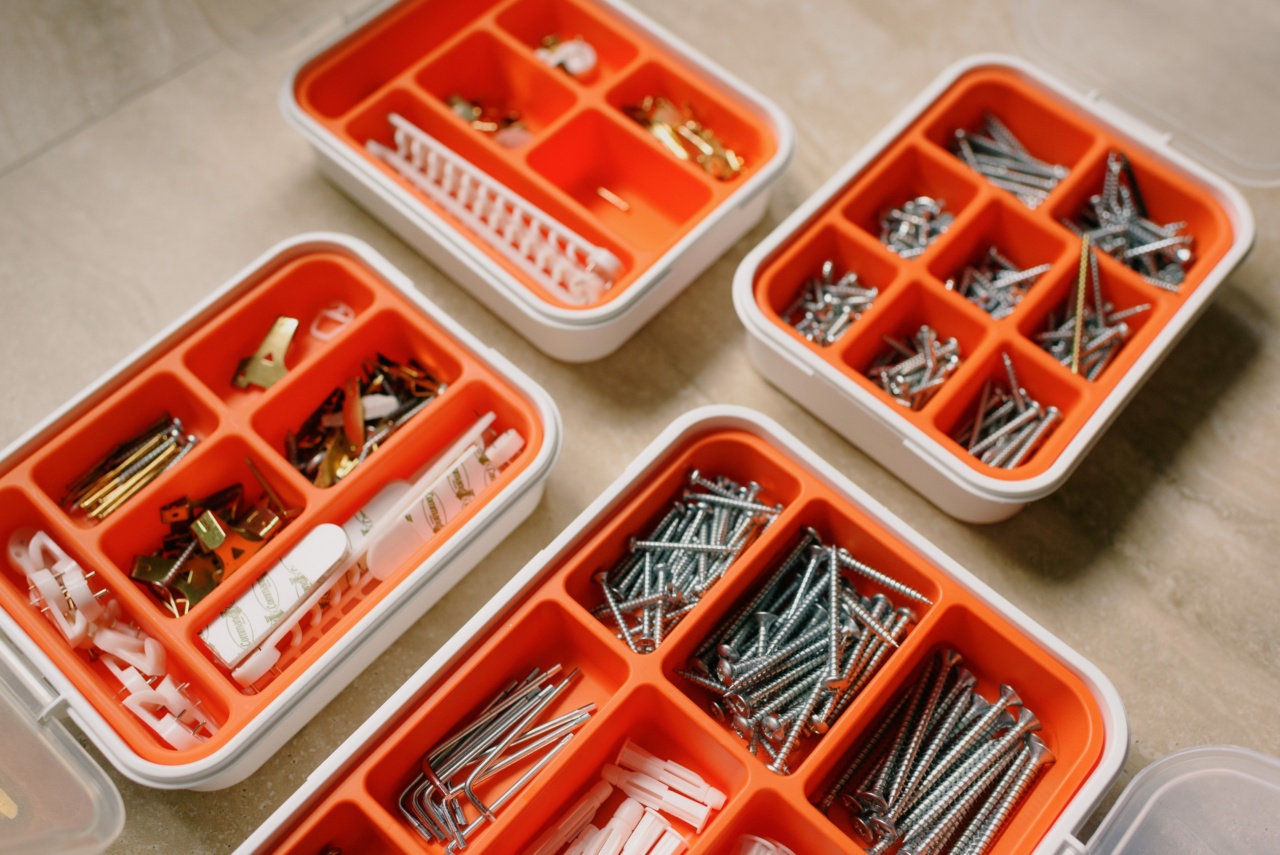Nail biting, also known as onychophagia, is a common habit that many people develop during childhood. It involves the repeated biting or chewing of one’s nails, often resulting in damaged or unsightly nails.
While nail biting may seem like a harmless habit, it can have deeper psychological and emotional meanings. In this article, we will explore the meaning behind nail biting and provide tips from experts on how to overcome this habit.
Understanding the Reasons Behind Nail Biting
There are several reasons why individuals may engage in nail biting:.
1. Anxiety and Stress Relief
One of the most common reasons for nail biting is anxiety and stress relief. When a person feels anxious or stressed, biting their nails can provide a temporary sense of comfort or distraction. It becomes a coping mechanism to alleviate tension.
2. Perfectionism and Obsessive-Compulsive Disorder (OCD)
Perfectionism and OCD tendencies can also contribute to nail biting. Individuals who are perfectionists may engage in nail biting as a way to maintain control or relieve feelings of dissatisfaction.
In some cases, nail biting may be a symptom of OCD, a mental health disorder characterized by repetitive behaviors and intrusive thoughts.
3. Boredom or inactivity
Nail biting can also be a result of boredom or inactivity. When one has nothing to do with their hands, they may turn to nail biting as a way to occupy themselves. It becomes a habit that helps pass the time.
4. Imitating Others
Sometimes, nail biting can be a learned behavior. Children often imitate the behaviors they observe in their parents or siblings. If they see someone close to them biting their nails, they may start doing it as well.
Effects of Nail Biting
While nail biting may seem harmless, it can have negative impacts on both physical and mental health. Some of the effects of nail biting include:.
1. Nail Damage
Consistent nail biting can lead to damaged and unsightly nails. The biting and chewing can cause the nails to become weak, brittle, and prone to breakage. In severe cases, it may even lead to infections around the nail bed.
2. Dental Problems
Nail biting can also take a toll on dental health. The constant biting can result in chipped or cracked teeth, as well as misalignment of the jaws. It can also introduce bacteria from the nails to the mouth, increasing the risk of oral infections.
3. Infections
When nails are bitten, the skin around the nails becomes vulnerable to bacterial or fungal infections. Biting can cause tiny tears or openings in the skin, allowing bacteria to enter and cause infections.
4. Emotional Distress
Nail biting can lead to emotional distress, especially if one feels embarrassed or anxious about the appearance of their nails. The habit can impact self-confidence and body image, further exacerbating any underlying psychological issues.
Tips to Overcome Nail Biting
Overcoming nail biting can be challenging, but with dedication and persistence, it is possible to break the habit. Here are some tips from experts:.
1. Identify Triggers
Start by identifying the triggers that lead to nail biting. Is it stress, boredom, or certain situations? Once you are aware of the triggers, you can develop strategies to deal with them effectively.
2. Find Alternative Coping Mechanisms
Instead of biting your nails when you feel anxious or stressed, find alternative coping mechanisms. Deep breathing exercises, stress balls, or engaging in a hobby can help redirect your focus and provide relief.
3. Keep Nails Trimmed
Keeping your nails short and well-groomed can reduce the temptation to bite them. Regularly trim your nails and use a nail file to smooth any rough edges. This can make nail biting less satisfying.
4. Use Bitter-Tasting Nail Polish
Bitter-tasting nail polishes are specifically designed to deter nail biting. Apply the polish to your nails, and the bitter taste will act as a reminder whenever you try to bite them, discouraging the habit.
5. Keep Hands Busy
Keep your hands busy to prevent nail biting out of boredom. Fidget toys, stress balls, or even engaging in activities that require both hands can help distract you from the urge to bite your nails.
6. Seek Support
If you find it difficult to overcome nail biting on your own, don’t hesitate to seek support.
Talk to a therapist or join support groups where you can share your experiences and receive guidance from others who have successfully overcome the habit.
7. Reward Yourself
Set small goals for yourself and reward your progress. For example, if you manage to refrain from nail biting for a week, treat yourself to something you enjoy. Positive reinforcement can go a long way in breaking the habit.
8. Practice Mindfulness
Mindfulness techniques, such as meditation and deep breathing, can help reduce anxiety and stress levels, making it easier to resist the urge to bite your nails. Incorporate mindfulness practices into your daily routine.
9. Visualize Success
Visualize yourself with healthy, beautiful nails and imagine how confident and proud you would feel. Visualizing success can motivate you to stay committed to overcoming the habit of nail biting.
10. Be Patient and Persistent
Breaking any habit takes time and patience. Be kind to yourself and acknowledge that slip-ups may happen along the way. Stay persistent and don’t give up, even if progress seems slow.































